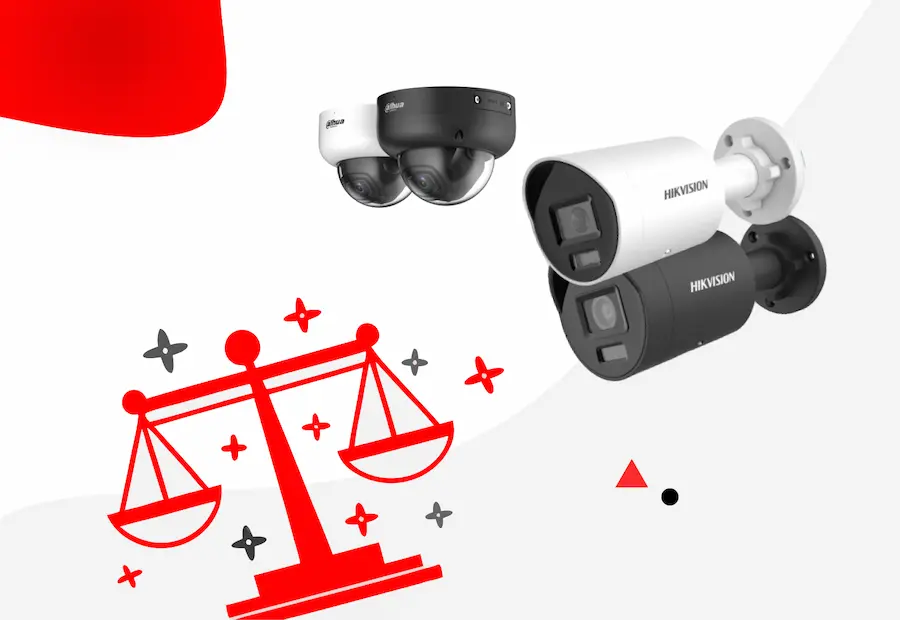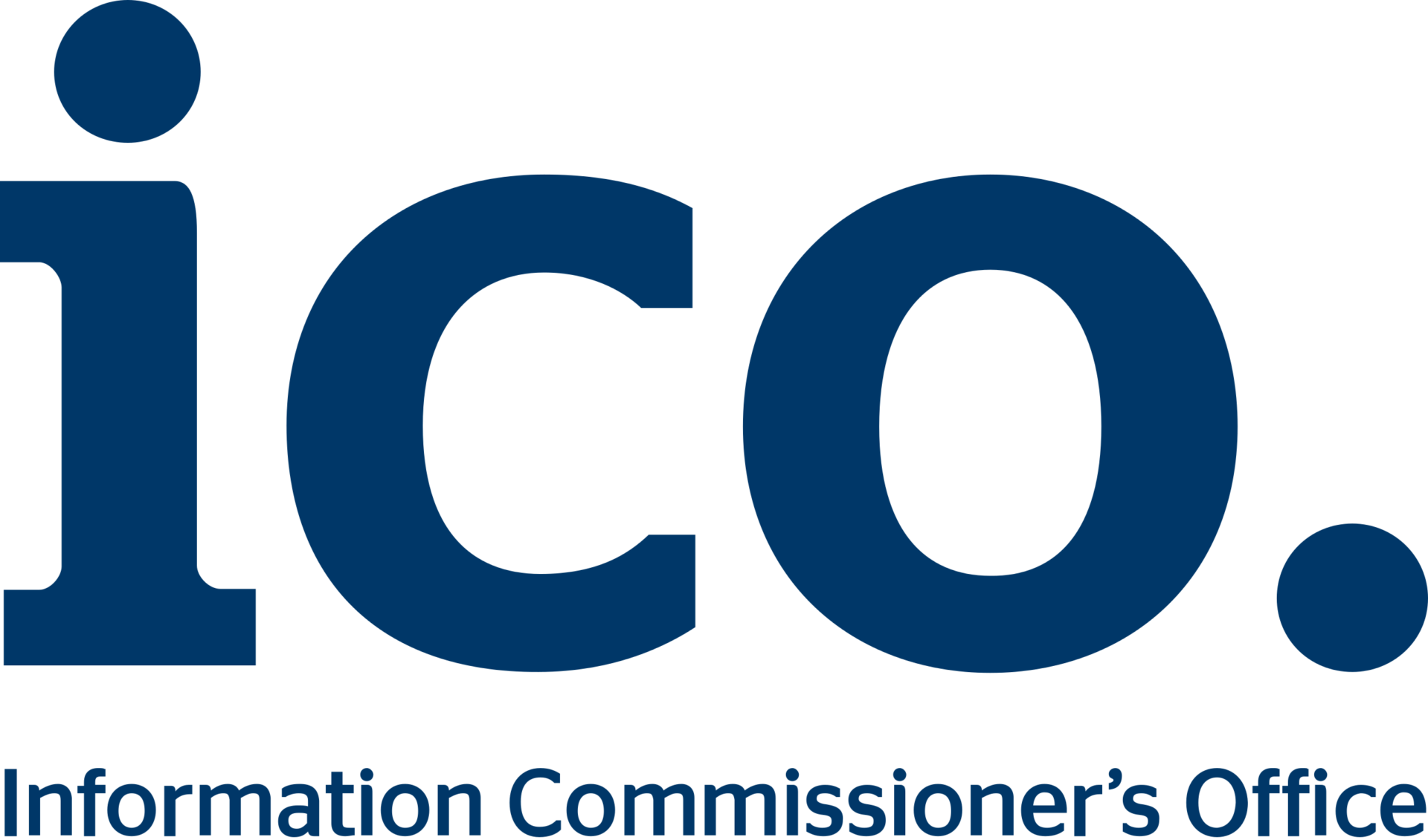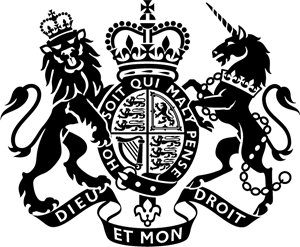UK Law On CCTV - Legal Requirements
Installing CCTV in the UK must comply with the Data Protection Act 2018 and GDPR to protect privacy. Operators must use systems responsibly, provide clear signage, and avoid recording unnecessary areas. Non-compliance can lead to fines or legal action.

CCTV Regulations: What You Need to Know for Home and Business Use
As security concerns grow, CCTV systems are becoming essential for both homes and businesses. They not only deter criminal activities but also provide valuable evidence in unforeseen incidents, such as road traffic accidents. However, whether you're considering installing CCTV at your residence or commercial property, it's crucial to understand and comply with the relevant legal requirements.
Installing CCTV at Home
Yes, you can install CCTV to protect your home. However, before proceeding, consider these important points:
- Purpose: Define why you need CCTV and what areas you intend to monitor.
- Privacy: Ensure your cameras focus on your property. Avoid overlooking your neighbors’ spaces unless privacy masking is used.
- Notifications: Display clear signage to inform visitors that recording is in progress.
- Data Use: Keep recordings only for security purposes and delete them after a reasonable period (e.g., 31 days).
If your cameras capture areas beyond your property boundaries, such as public spaces, you may need to register as a CCTV operator with the Information Commissioner’s Office (ICO) and adhere to data protection laws.
CCTV for Businesses
Commercial properties have stricter requirements due to higher data protection standards:
- Signage: Display notices to inform individuals that surveillance is in operation and explain its purpose.
- ICO Registration: Businesses must register with the ICO as CCTV operators and conduct a Privacy Impact Assessment.
- Data Handling: Protect recorded footage, limit access, and retain it only as long as necessary. Implement a policy for disclosing data to authorities.
- Restrictions: Avoid placing cameras in private areas like restrooms and ensure recordings don’t capture conversations without explicit consent.
Businesses that fail to comply with the Data Protection Act (DPA) could face significant penalties, including fines up to £500,000.
UK Law On CCTV - Legal Considerations and Responsibilities
Whether for domestic or commercial use, CCTV systems must comply with the Data Protection Act (DPA) and the General Data Protection Regulation (GDPR). These laws safeguard personal data and ensure ethical surveillance practices.
The individual or business operating the CCTV is legally considered the “Data Controller” and is responsible for:
- Clearly stating the purpose of surveillance.
- Safeguarding and securely storing data.
- Ensuring the system’s proper technical and operational standards.
When Can CCTV Footage Be Shared?
CCTV footage may be shared with authorities, such as the police, or used for legal purposes. However, access is generally limited to individuals directly involved in incidents captured on video. Businesses should establish clear policies for responding to such requests.
CCTV: A Smart Security Solution
For businesses, CCTV can enhance safety by deterring theft, safeguarding employees, and monitoring operations. For homeowners, it offers peace of mind and additional layers of security. However, ensuring compliance with regulations is vital to avoid penalties and maximize the system's effectiveness.
Why Choose Alert Pro for Your CCTV Needs?
At Alert Pro, we specialize in installing high-quality CCTV systems tailored to your home or business needs. Our expert team ensures that your security solutions comply with all legal requirements, providing a reliable and professional service. Contact us today to learn more about how we can help protect your property.


